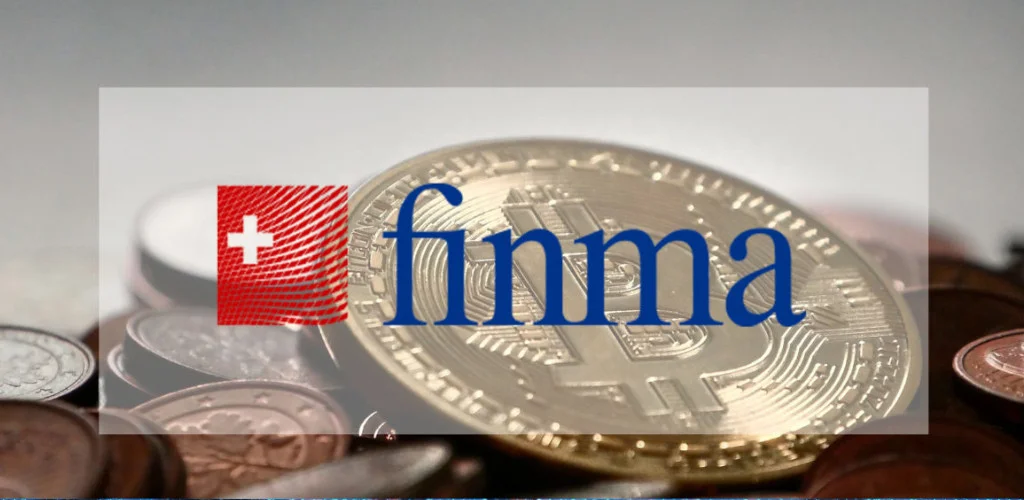Financial Market Supervisory Authority (FINMA), the Swiss regulator, has released a new set of guidelines for stablecoins.
Under the country’s supervisory law, the Swiss government has released comprehensive guidance on issuing stablecoins, a digital asset backed 1:1 by reserve assets. On Friday, the Swiss Financial Market Supervisory Authority (FINMA) announced that stablecoins will be subject to the same regulations as initial coin offerings (ICOs) in 2019.
Nevertheless, the regulator revised the document to address its apprehensions about the risks associated with stablecoins and their escalating use in the circumvention of sanctions, money laundering, and terrorist financing.
Measures to Prevent Money Laundering
The Swiss regulator has mandated that all stablecoin issuers within the country comply with its anti-money laundering act in response to these concerns. The regulator considered the Financial Action Task Force (FATF) investigation conducted in 2020 to reach this decision.
Stablecoins exhibit numerous similarities to other cryptocurrencies in terms of their potential for money laundering and terrorist financing, as determined by the investigation authorities.
FINMA emphasized the significance of mandating anti-money laundering regulations for issuers to protect the interests of investors. This is because companies typically introduce the tokens as a dependable payment method on the blockchain, which is supported by national currencies.
This is why stablecoin holders typically have a payment claim against the issuers. The regulator clarified that the claim is subject to banking laws to guarantee that the assets are consistently stable and entirely backed by the reserves.
Identity Verification Requirements
FINMA mandates that stablecoin issuers verify the identity of holders at all times, in addition to regulatory compliance.
The regulator stated on Friday that the identity of all individuals holding the stablecoins must be adequately verified by the issuing institution or by financial intermediaries that are effectively supervised. The regulator mandated that all stablecoin issuers under its supervision must implement contractual transfer restrictions, blockchain controls, and know-your-customer (KYC) protocols.
The market watchdog thinks implementing these agreements will prevent the transfer or use of stablecoins by individuals or entities engaged in illicit activities. Furthermore, these rigorous controls aim to increase the security and reliability of stablecoins in Switzerland, thereby increasing their appeal to legitimate investors and users.
Incorporating Crypto Innovation
In the interim, Switzerland is among the numerous nations worldwide adopting crypto innovation and expanding its borders to accommodate the asset class.
In May of this year, the Swiss government initiated a public consultation to establish internationally recognized standards for crypto taxation. The European nation intends to establish regulations for the tax reporting of digital assets to guarantee that they are treated equally to traditional assets.
The action was taken a few weeks after a crypto advocacy group based in Switzerland urged the Swiss National Bank (SNB) to include Bitcoin (BTC) in its reserve assets.
The activists think including crypto assets in the country’s reserves will further strengthen its independence from the European Central Bank (ECB).



